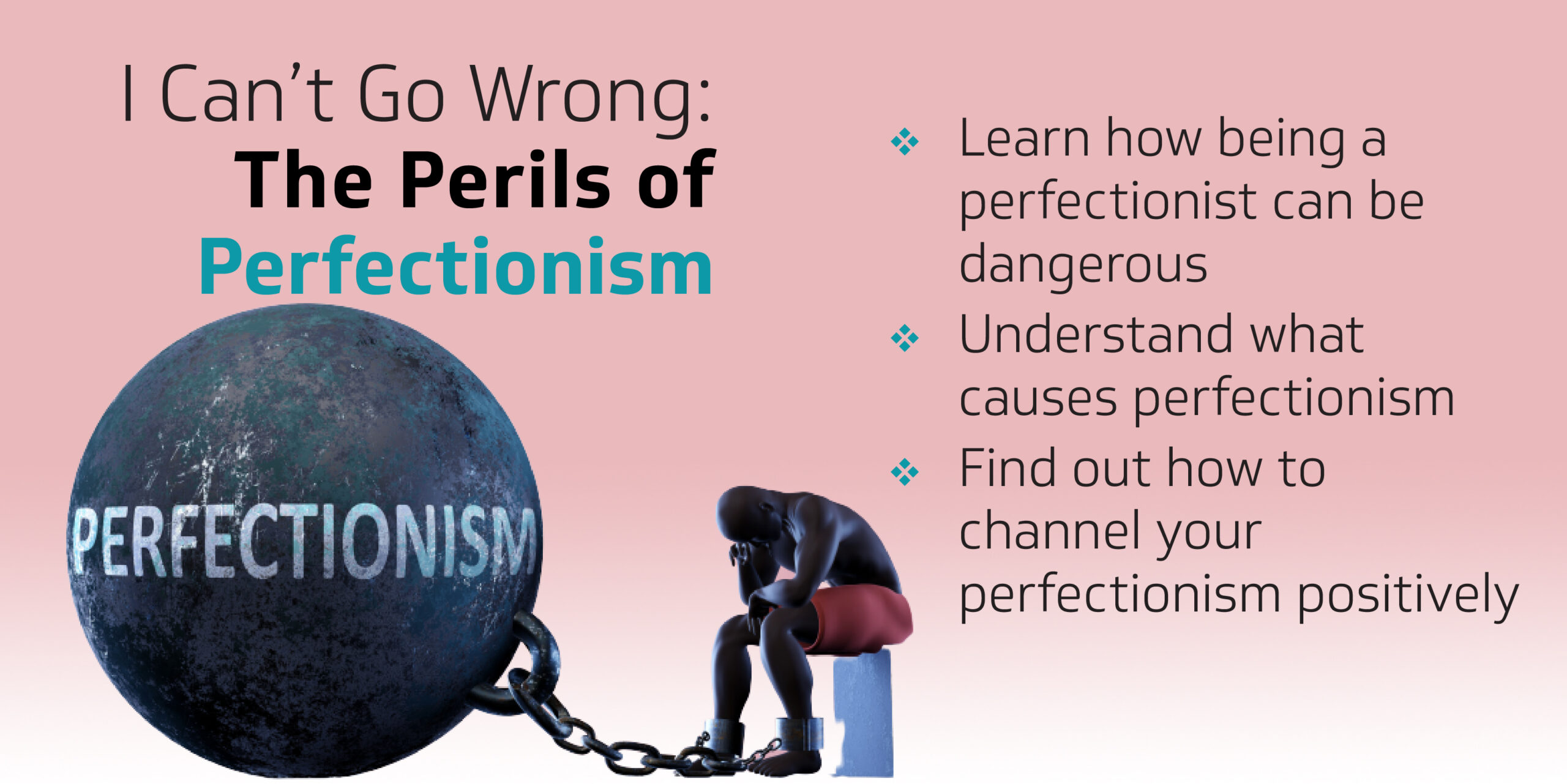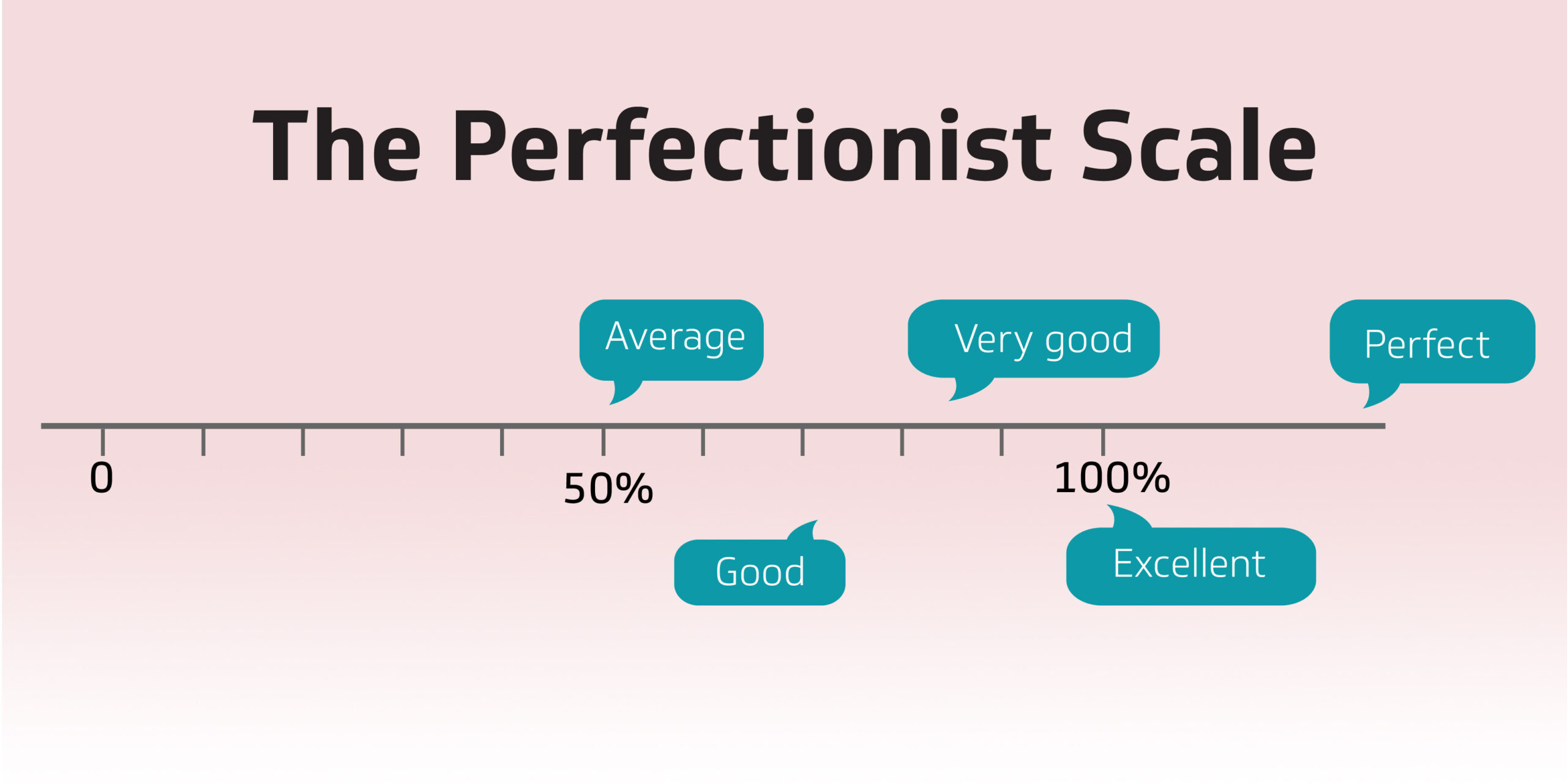
My peaceful Sunday morning is interrupted by the telephone. It’s the clinic, and they have an urgent case: a suicidal woman who needs immediate support.
The clinic connects me to her. She’s young – a medical student at one of the better colleges – and high-achieving, with class-topping grades from primary school onward. Despite her youth, obvious intelligence and potential success as a physician, she sees no hope for her future. She isn’t sure that medicine is the right profession for her. She no longer knows what her passion really is. She’s exhausted by the crushing burden of her parents’ expectations: get the highest marks, get into the best college, be the perfect daughter and sister, achieve, achieve, achieve.
This young woman has had enough. She is convinced that death is the only escape from this trap of perfectionism.
We talk for almost two hours. Using my psychoeducational skills to the utmost, I show her that her happiness, priorities and aspirations are all that matters. It’s her life, and she has the right to live it her way. She’s surprised and excited to realise that she can take charge rather than submit passively to others’ expectations. With renewed hope and insight, she promises to put herself first and learn to overcome the pressure to be perfect.
PERFECTIONISM PRESSURE

What is perfectionism? Does perfection even exist? What’s the ultimate goal of being ‘perfect’ – will our lives be happier, healthier, more productive, more valuable, more fulfilling if we are perfect? Will we achieve contentment?
Perfectionism is a personality characteristic that turns life into a giant report card. While perfectionists can succeed through persistence and hard work, unhealthy perfectionism is a sure-fire descent into misery.
Taken to extremes, perfectionism is destructive because its victims focus on avoiding failure. They believe that unconditional love and acceptance are myths; that approval and affection are only given to those who perform flawlessly; and that such approval and affection will be irrevocably withdrawn if they make a single mistake.
SELF-ORIENTED PERFECTIONISM
I must do well! I shouldn’t make any mistakes!
I’m a failure if I don’t get the first rank.
This binary all-or-nothing perspective is when you set impossible standards for yourself. In a way, self-oriented perfectionism is a defence: you reject yourself up front, to protect yourself from rejection by others. You condemn yourself for your ‘failures’ and are blind to your successes.
SOCIALLY PRESCRIBED PERFECTIONISM
I have to be liked by everyone; otherwise, I’m just not good enough.
They’ll only be happy if I score top marks.
This happens when you perceive unrealistically high expectations from others, whether or not that’s really the case. You pressure yourself to live up to those expectations. This can be overwhelming, because one tiny error can frighten you off from ever trying again: the pity and condemnation you imagine in the eyes of others is all too real. You retreat into a place of safety: yourself.
Regardless of how you fall into the trap of perfectionism, once you’re in it’s very difficult to break free. You believe that you’re never going to be good enough. Practice makes perfect – for everyone else, but never for you.
And perfectionism has another side… it’s when you think you’re perfect, and nobody else is.
OTHER-ORIENTED PERFECTIONISM
I can’t make a mistake! I have to set an example.
Why can’t people do the simplest thing correctly?
This is when you direct your desire to always be exemplary towards others. You believe you are the paragon that everyone looks up to. You set impossible standards and feel vindicated when people can’t live up to them. You feel scornful and contemptuous of others. You take on more and more, certain that only you can do things properly. As you can imagine, this is a very unpopular attitude! It leads to social isolation or even downright hostility as people pull away. You feel bewildered, angry and resentful. Why doesn’t anyone appreciate you? After all, you’re the perfect one!
WHAT CAUSES PERFECTIONISM?
Many factors contribute to perfectionism. Nearly all are internal, though there are clearly some social elements at work. They include:
Fear of disapproval from others.
Feelings of insecurity.
The conviction of not being good enough, which may sometimes lead to becoming a people-pleaser.
Being rejected, labelled or abused in the past, and believing that becoming perfect will prevent that from ever happening again.
The feeling of being superior, wanting to set an example, be a role model, and add to your followers.
If I’m perfect, people will accept me. They’ll like me and look forward to seeing me. Finally, I’ll fit in!
If I fail, I’ll be left alone. Nobody will accept me.
I’d better do exactly as I’m told so they think I’m a good person.
If I make a mistake, they’ll call me lazy and careless. They’ll be disappointed in me.
I have to show them how to do things right. I can’t afford even a single misstep – people look up to me.
The point is, whatever else we may be, we’re human. Imperfect by design. If you think about it, it’s our imperfections that make us interesting and unique: if we were all perfect, we’d be identical. What a boring world that would be!
So, what can you do about your perfectionism problem?
WAYS TO OVERCOME PERFECTIONISM
First, recognise that whatever drives you to become perfect, you may never achieve that goal – and that’s okay. Next, embrace this aspect of your personality and redirect it to be positive so that you can strive for excellence rather than hide from failure.
- Set simple, attainable goals, and continue to work hard, as you always to, to achieve them.
- Be realistic in your expectations and be kind to yourself. You aren’t a machine.
- Allow yourself to make mistakes. You’re only human! Ask yourself what you learnt from each one.
- Take criticism calmly, and separate the message from the messenger. Even your well-wishers can be wrong; even your critics can be right. Trust your judgement.
- Stop worrying about what others think of you. Instead, focus on how you want to feel about yourself.
- Introspect calmly and objectively:
- Why are you doing this?
- What kind of thoughts are you having? Are they rational or irrational?
- Where will your thoughts take you? Are you moving in circles?
- Are you on the right path?
The writer and psychologist Anne Wilson Schaef once wrote, ‘Perfectionism is self-abuse of the highest order.’ Self-abuse is a strong word – it recognizes the obsessive, devastating quality of perfectionist thoughts. Perfectionism can wreak havoc on your self-esteem, confidence and motivation.
There’s an expression we use sometimes: don’t let the perfect be the enemy of the good. You can have a good, rich, fulfilling life – once you master the strategies to overcome perfectionist thinking, and begin to appreciate all that’s good in yourself.

Anamika Gupta
Consultant Counselling Psychologist
PhD, Child Psychology | MA, Psychology | PG Diploma, Child & Adolescent Counselling | Certifications: The Science of Well-being (Yale University), Vedic Indian Psychology (NIMHANS)
Anamika is a people-centric and solution-focused therapist who works with people of all ages. She specialises in psychotherapy, Vedic psychology, relationship counselling, NLP therapy, hypnotherapy, graphology and colour therapy, and is a Mentor and Educator at ATH India and a Mindfulness Coach. She has provided psychotherapy and counselling support to many people struggling with the impact of Covid-19.
Anamika is available for consultation at HealtheMinds, Whitefield, Bangalore, and online at HealtheMinds.com.
